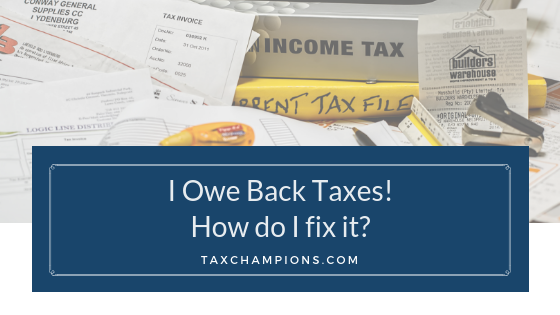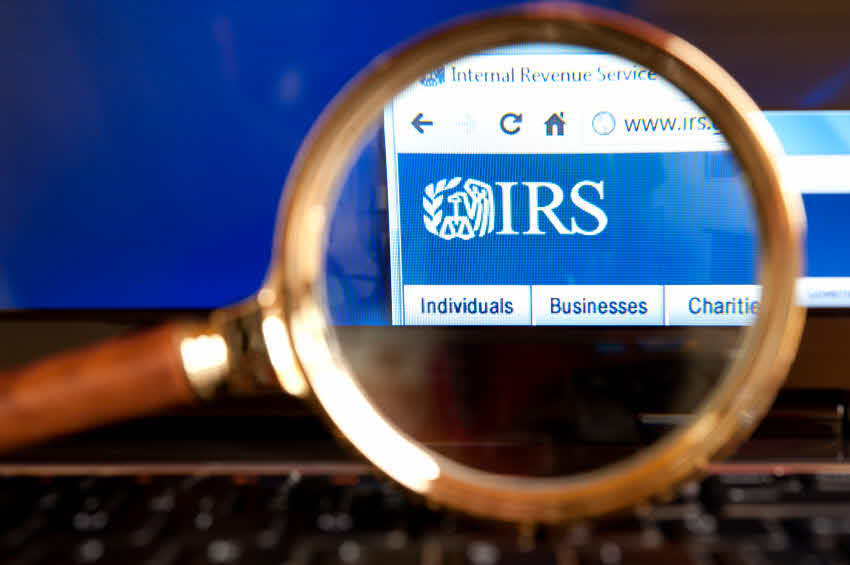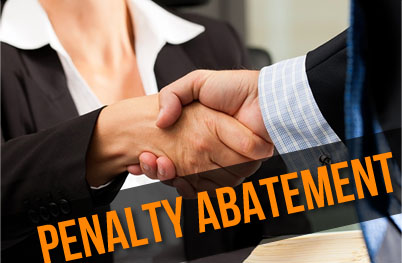A penalty abatement request is a written request to the IRS to remove or refund the interest and penalties on taxes from your IRS account.
The reasons that the IRS will assess penalties and interest include: late filing of your tax return, underpayment of taxes due and fraudulent returns.
The most common penalty abatement is based on "reasonable cause", meaning that you faced a situation that was unforeseeable and beyond your control which caused you to fall behind on paying and/or filing your taxes. A penalty abatement will be granted by the IRS if you can demonstrate reasonable cause. The IRS may also consider forgiving (abating) penalties if you can show them that a substantial hardship would have occurred had you paid the tax when due.
When considering a penalty abatement request, the IRS will usually accept as reasonable cause any circumstance that was beyond your control and had a direct impact on your ability to pay or file your taxes. The penalty abatement rules cite several examples (listed below), but any situation will be considered provided it meets the requirements.Read More










